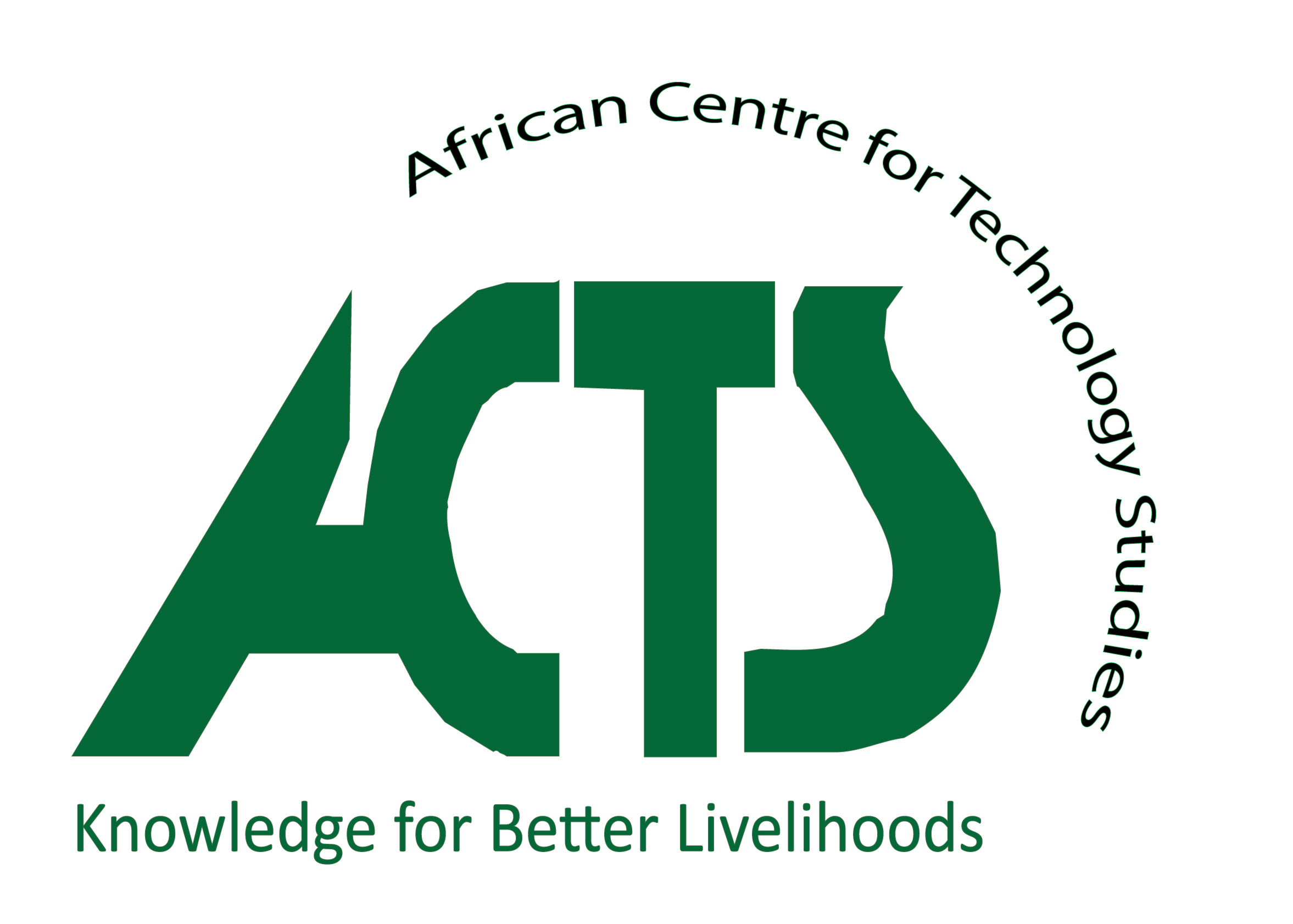- +254 710 607 210
- info@acts-net.org
- Mon - Fri 8:00 AM - 17:00 PM
Past Events
The role of ICT in the 4th Industrial Revolution (4IR)
Theme: The 4th Industrial Revolution (4IR) and Economic Transformation
Organized by Building Institutional Capacity for Computing Research in Kenya (CB4ICT) and Jomo Kenyatta University of Agriculture and Technology (JKUAT)
The world is now on the cusp of what has been referred to as the 4IR. Recent breakthroughs in Information and Communication Technologies (ICTs) are unleashing new capabilities and fundamentally changing the nature of work. Economic models are being disrupted, creating new industries and business models. The 4IR is providing challenges and opportunities. While some established transformation pathways are becoming increasingly problematic due to developments in robotics, some are being energized. The 4IR has significant potential to increase productivity, especially in dynamic sub-sectors of agriculture and services. The emerging technologies of the 4IR include Artificial Intelligence, Internet of Things, Big Data/Data Science, 3D-printing, Blockchain technologies, neurotechnologies, genetic modifications, drones, autonomous vehicles, machine visions among others.
Kenya’s and indeed Africa’s development trajectory will largely depend on how we harness 4IR technologies. 4IR like the advent of mobile telephony provides many potential opportunities for leapfrogging. However, unlocking the potential is problematic. The opportunities are not obvious and more important capturing the opportunities is even more problematic. This is because the 4IR has made the economic landscape global so that better enabled actors can capture emerging opportunities as Uber has demonstrated in case of formalizing taxi business. This makes a well-thought strategy especially critical.
Dr. Julius Gatune will delve into technologies driving the 4IR and the impact of the different aspects of ICT, how they can be used to ensure sustainable development and what it will take to harness these technologies. He will provide examples of emerging applications and how these technologies affect the economy and in particular sector productivity and the job market. The lecture will be followed by an interactive session with the audience on how emerging technologies in ICT can be used to enhance sustainable development, create more jobs and strengthen the linkage between academia and industry.
The CB4ICTD project is a collaboration between the African Centre for Technology Studies (ACTS) and California Polytechnic State University (Cal Poly), USA with participation of University of Nairobi, Strathmore University and JKUAT. It is funded by IDRC, Canada.
The project’s main objective is to support a vibrant and sustainable research culture in computer science by enhancing the production of quality research and strengthening linkages between industry and academia in Kenya. It seeks to accomplish this by creating industrial fellowships and studentships and postdoctoral fellowships, as well as by conducting periodic monitoring and evaluation of these programmes. The project also involves conducting complementary social science research that will advance knowledge about institutional capacity building in the STEM fields.
Moderator
Dr. Geoffrey Chemwa
School of Computing and Information Technology (SCIT)
Jomo Kenyatta University of Agriculture and Technology (JKUAT)
Download
All Dates
- 23 Jul 2021 05:00 PM - 06:30 PM
Contact us


